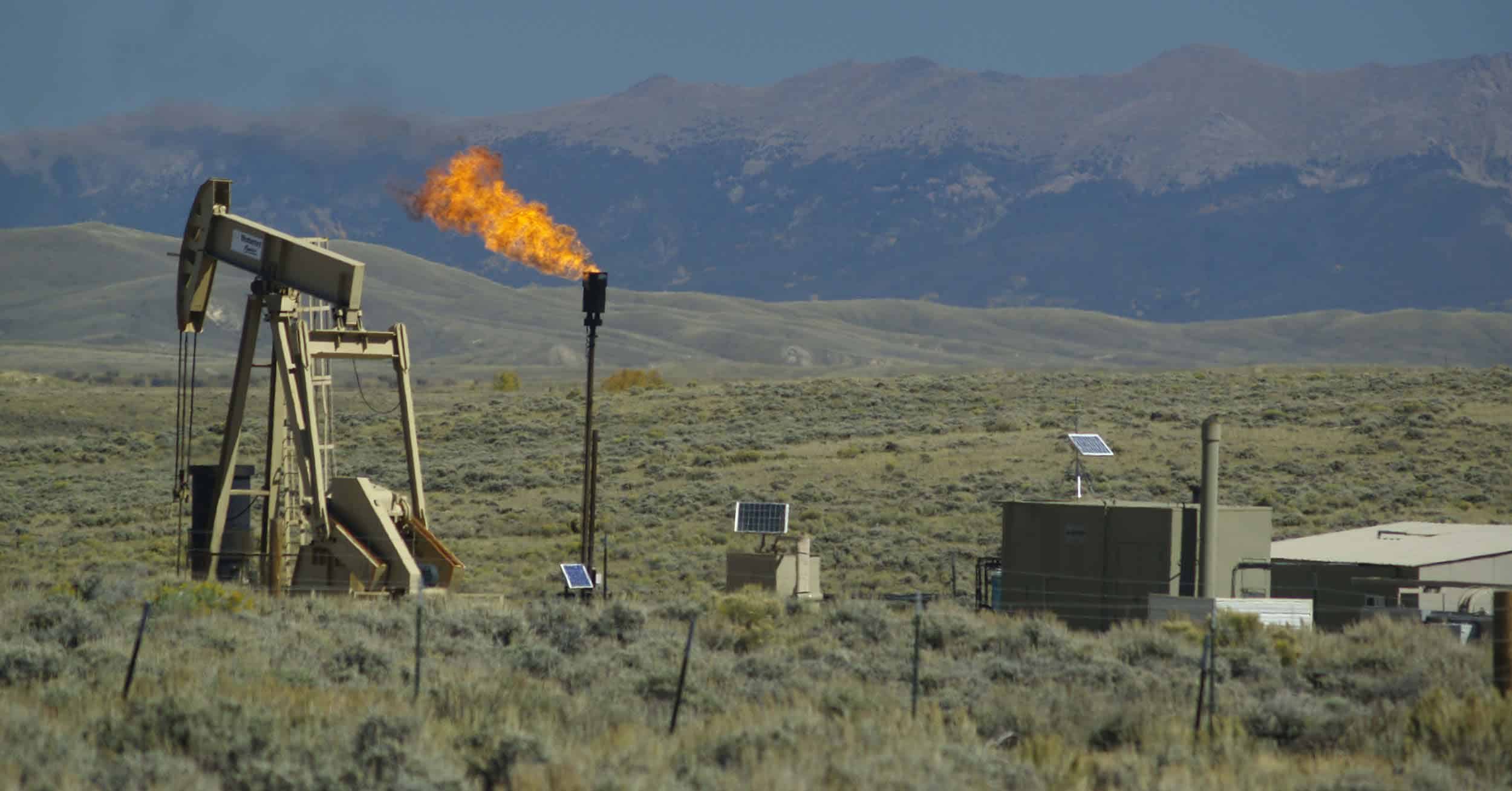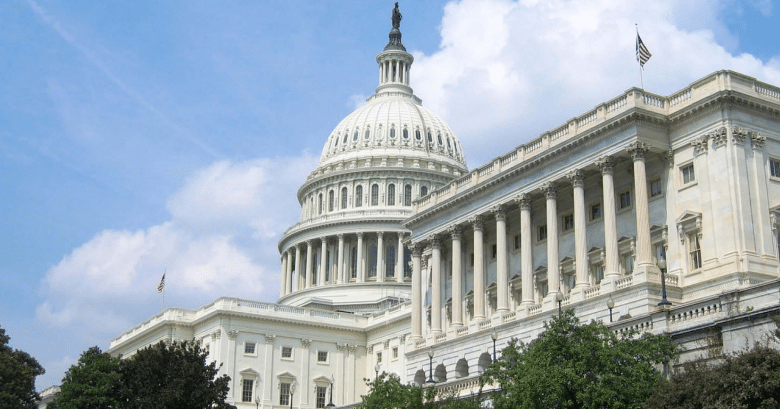New report finds variety of special tax provisions allows companies to defer billions in taxes Washington, DC – From 2009 through 2013, large U.S.-based oil and gas companies paid far less in federal income taxes than the statutory rate of 35 percent. This is documented in a new report released today by Taxpayers for Common Sense entitled, “Effective Tax Rates of Oil and Gas Companies: Cashing in on Special Treatment. According to the report, 20 of the largest U.S.-based oil and gas companies reported a total of $133.3 billion in U.S. pre-tax income from 2009 through 2013. These companies reported total federal income taxes during this period of $32.1 billion, giving them a federal effective tax rate of 24.0 percent. By contrast, the American Petroleum Institute cites an industry-wide effective tax rate of 44.3 percent. It's time to cut through the noise and misdirection from the industry,” said Taxpayers for Common Sense President Ryan Alexander. “The oil and gas industry actually gets a better deal than other corporate taxpayers thanks to preferential tax treatment that allows them to pay much less than the statutory rate. The report points to a variety of special tax provisions that also allowed these companies to defer payment of a significant portion of the federal taxes they accrued. The companies in the study, including ExxonMobil, ConocoPhillips, Occidental, and Chevron, actually paid a total of $15.6 billion in income taxes to the federal government during the last five years, equal to 11.7 percent of their total U.S. pre-tax income. Most of the companies studied in the report accumulated significant deferred tax liabilities during the last five years, almost exclusively from federal tax deductions for spending on property and equipment. The study notes that many of the companies also report low levels of debt in the form of loans, and are financing most of their investments with cash flow from operations. These same companies, however, have large amounts of deferred tax liabilities, which could take a decade or more to repay and do not accrue interest. It concludes that these deferred taxes function like interest-free loans from the federal government. “The oil industry enjoys very favorable treatment in the tax code when it comes to recovering their costs for capital investments, better than other taxpayers,” said Alexander. “There is a good reason tax reform proposals from Congress, the White House, and independent commissions have targeted the tax subsidies for this highly profitable industry: they don’t need them, and we can’t afford them.” The report is part of our series on reforming the federal tax code. Read it here. #### |











